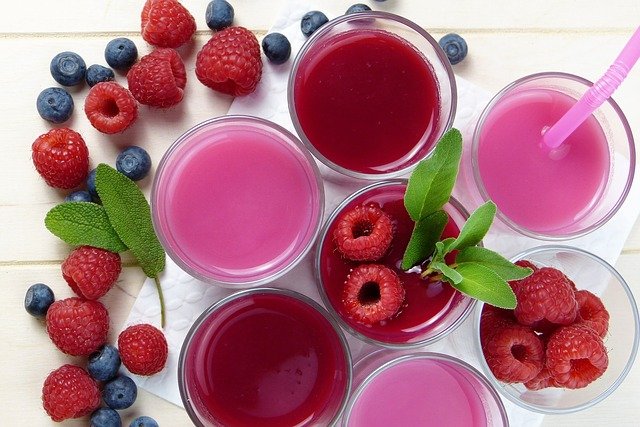One of the most difficult parts of self-improvement is setting and committing to goals. Setting ambitious goals can be stressful, and it may cause you to feel fearful at the thought of making lifestyle changes. Whatever your qualms are, there are ways to stay on track and be committed to your health goals.
Set the Goals
The first step is to set the goals. It’s very important to set goals that are actually attainable. Setting goals that ask too much of you will result in negative situations that aren’t conducive to completing the task at hand. Consider all aspects of your life when deciding on which goals you’d like to achieve. Once you have your goals established, write them down. Having your goals physically written down will help to cement them and encourage you to stick to them.
Find Motivation
Motivation is crucial when committing to health goals. There are many ways to motivate yourself towards a goal. One way would be to reward yourself after making steps to a goal. Another way is to follow people on social media that spread positivity and who inspire you. Finding what motivates you is key to committing to your goals.
Journal
Consider creating a journal to track your health goals. You can create to-do lists in a journal to keep you accountable for keeping up on your goals. You can also use the journal to keep track of your progress and reflect on what you’ve achieved. Journaling is an excellent way to organize your thoughts and create some accountability to keep you on track to your goals.
Stay the Course
The journey to achieving a goal is not always completely successful. There may be setbacks and failures along the way. It is important to stay the course regardless and continue working toward your goals. With enough motivation, you can commit to and achieve almost any goal you set your mind to!
Dr. Barbara Edwards, a Princeton MD is the Academic Director for the Ambulatory Residency Program at Penn Medicine Princeton Health, providing quality care to uninsured and under-insured New Jersey residents in Mercer and Middlesex counties.






